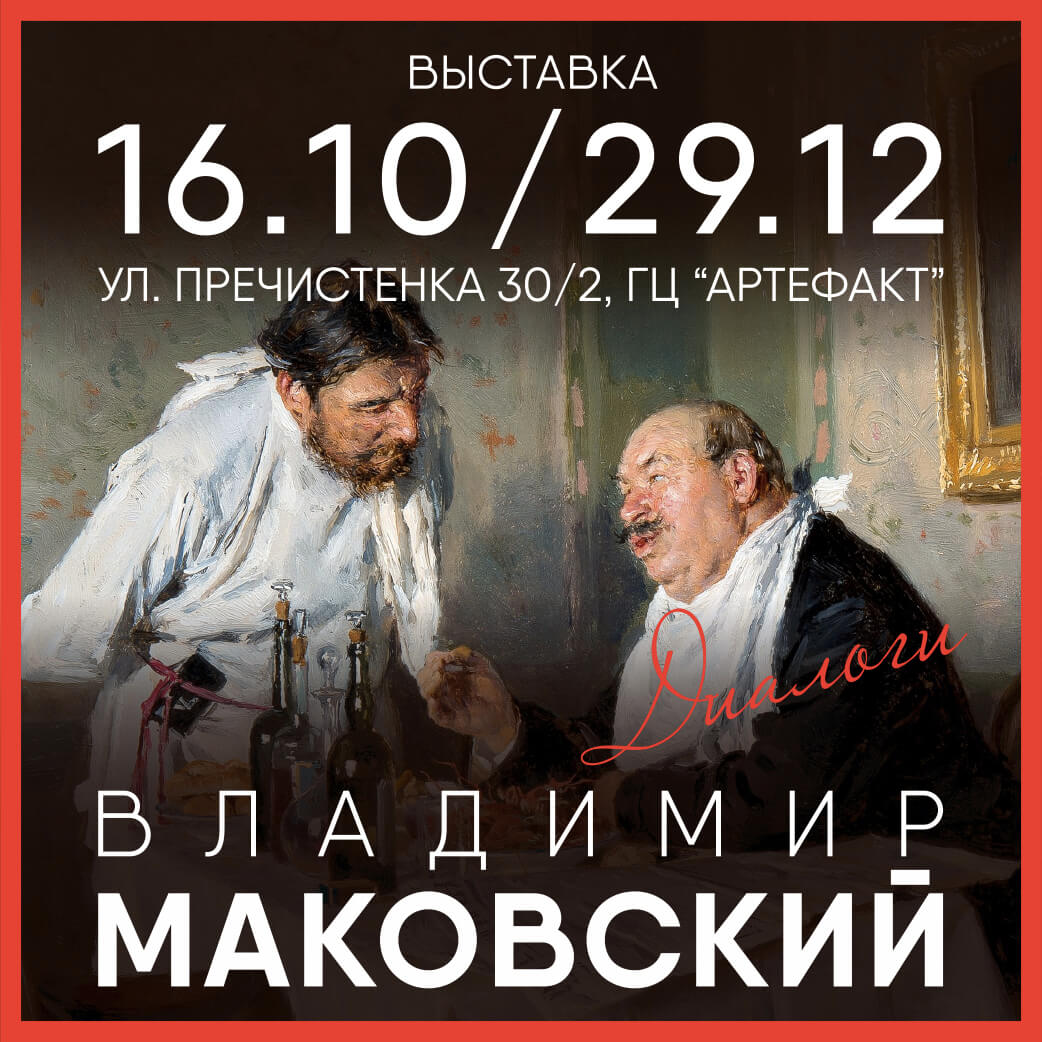Less than a month in the collections of the Louvre discovered 10 works to be restituted
On the wave of restitution claims and high-profile investigations, one of the largest museums in the world hired a private specialist to find works of art, subject to restitution
At the beginning of year it became known that for the study's own collection and works held in the collections of the Museum, the Louvre hired art historian and specialist on the art of the occupation of France during world war II Emanuel Polak. Special attention she had paid to the works of art that appeared in the Museum during the Vichy regime.
the First results were not long to wait — today there are about 10 works purchased by the Museum during the forced auction sale of the collection of French lawyer Arman Dorfile. It is known that all these works are subject to restitution claims from the heirs of the collector.
the adoption of the state expert on restitution — another step the Louvre cleaning of their own collections of works belonging to the Museum collection as a result of various enforcement actions during the Second world war. Previous large-scale attempt to achieve this goal was the opening of the Museum in 2017 two separate galleries, the walls of which were displayed a few dozens of such "orphaned" works, the search for heirs and owners of which the Louvre does to this day.
Emmanuelle Polack a very logical choice for this purpose. She — author of a book about French art-рынке during the Second world war, besides, she has already collaborated with the Louvre before, but out of state. In 2019, it organized in Paris an exhibition on the art of France during the war, among the exhibits which were items from the Louvre and from the musée d'orsay.
the exhibition was in all the headlines, Polak found documentary evidence that some of this exhibition, including two graphic works from the Louvre, come from the famous collection Arman Dorfile. As you know, the collection of Dervila, which included works by Bonnard, Renoir and Monet, after his death, were confiscated by the state and sold at auction.
And is now among the works stored in the collections of the Louvre, there were still eight works from the collection purchased by the Museum at the same auction.
France is fairly active in the return of the lost collectors during the war of cultural values, but we know that in the collections of museums across the country is at least two thousands of items waiting to return to their rightful owners or their heirs.
to speed up the process of restitution, the French government even created in the past year, an ad hoc group of experts, whose task is to conduct additional studies of the provenance of such works and the supervision of their returning to the original owners or their families.
One of the first tasks of this group, whose budget, by the way, is 200 thousand euros, has been investigating the circumstances of the sale under the hammer the collection of Dervila.
the Case of the collection of Dervila, however, the success of this group is not limited. Now experts are working on several new cases about stolen works of art owned by the French state, as well as studying the purchases made by the museums during the German occupation of France.
Source: news.artnet.com
Permanent link to:
https://artinvestment.ru/en/news/artnews/20200128_Restitution_Louvre.html
https://artinvestment.ru/news/artnews/20200128_Restitution_Louvre.html
© artinvestment.ru, 2025
Attention! All materials of the site and database of auction results ARTinvestment.RU, including illustrated reference information about the works sold at auctions, are intended for use exclusively for informational, scientific, educational and cultural purposes in accordance with Art. 1274 of the Civil Code. Use for commercial purposes or in violation of the rules established by the Civil Code of the Russian Federation is not allowed. ARTinvestment.RU is not responsible for the content of materials submitted by third parties. In case of violation of the rights of third parties, the site administration reserves the right to remove them from the site and from the database on the basis of an application from an authorized body.



